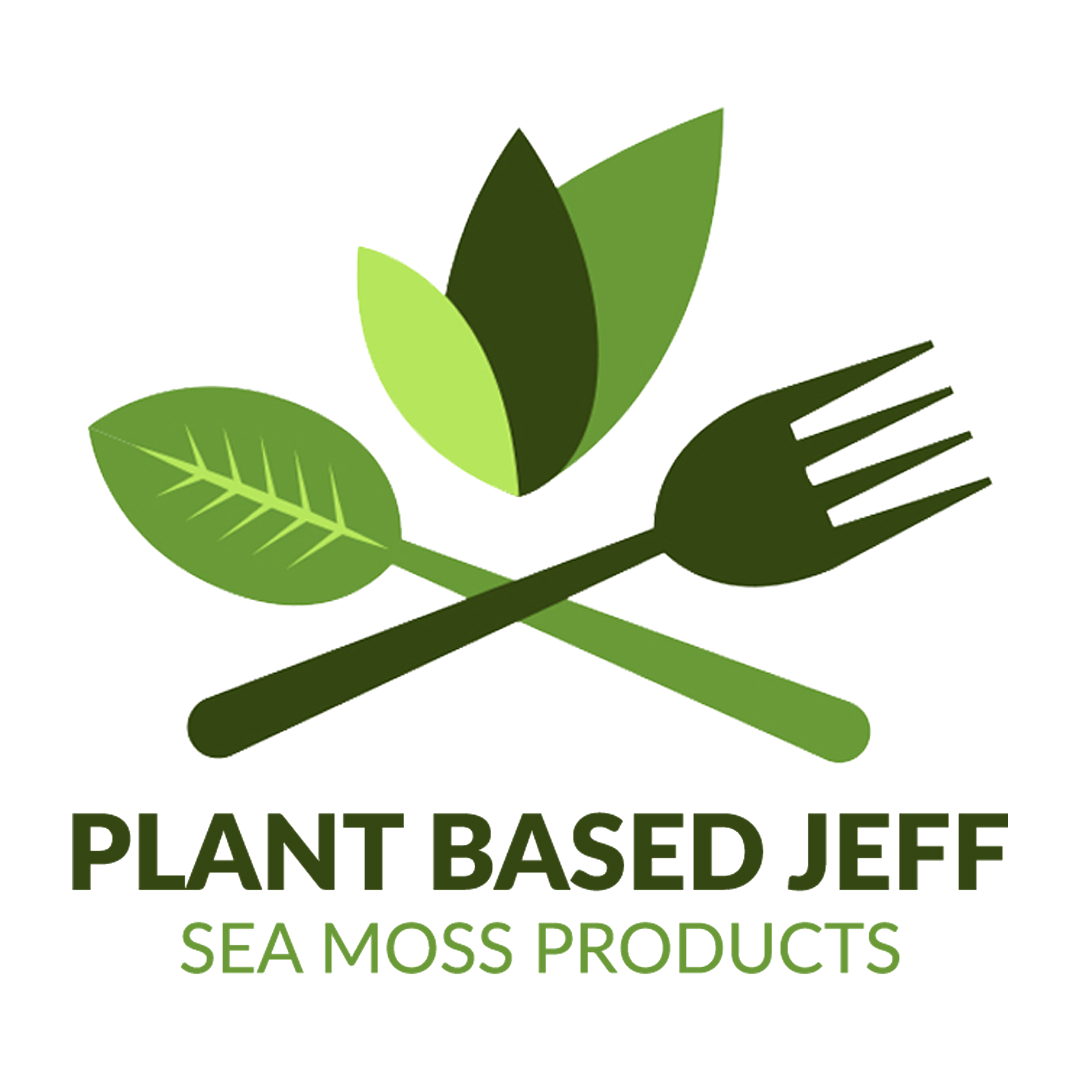
Sea Moss Myths, Debunked: Common Myths You Should Forget
Sea moss is a staple food for those in Jamaica, Ireland, and even parts of the Caribbean. Seeing as it's making its way to America, many are quite iffy about including this in their daily diet.
Since dried sea moss isn't a typical staple in the American diet, many myths surround this superfood. However, despite the wave of misconceptions, there's a huge chunk of people beginning to be more aware of its benefits, like how it can boost your immune system and support your overall health.
If you're curious about sea moss and want to start integrating it into your diet, you need to throw out the common myths that float around this product and start realizing the factual benefits it can provide. Here are the common sea moss myths you should start to forget:
Myth #1: Sea Moss has an Unpleasant Taste
Sea moss isn't particularly visually appealing, and it comes with no surprise that people think they'll taste horrible. The truth is, sea moss is actually tasteless; that's why it works well in different dishes.
If you're looking for a healthy thickener for desserts, sea moss is a great plant-based substitute for gelatin. Besides that, you can also add this to your drink, such as smoothies and juices, and you can even add this to your dressings, soups, and more!
Myth #2: Sea Moss is too Magnified in History
The reason people are still eating and incorporating dried sea moss in their diet is because it is incredibly beneficial. For years, sea moss has been used for various reasons and not only for consumption.
Sea moss was used for mattress stuffing, thickener for colored inks, and cattle feed. Additionally, sea moss also has medicinal qualities that help boost a person's protection against illnesses like pneumonia and tuberculosis.
Myth #3: Sea Moss is Similar to Carrageenan Extract
Sea moss is different from carrageenan extract. Although sea moss comprises 55% carrageenan, this only provides the sea moss its rubbery texture. And since carrageenan in the market is already processed, you don't get much of the natural nutrients, unlike in sea moss.
Myth #4: You Can Consume as Much Sea Moss as You Wish
Too much of anything is a bad thing — that holds true with sea moss as well. Sea moss is iodine-rich, helping your body create thyroid hormones that govern different processes that take place in your body, such as your metabolism. When it comes to iodine, it's critical that you only consume the right amount your body needs which is why we recommend 1 to 2 tablespoons a day or 2 sea moss capsules.
The Bottom Line: There's Still A Lot You Should Learn About Sea Moss
On the surface, sea moss can seem pretty straightforward, but there's a reason it has been around for centuries. Being a superfood and an integral part of different cultures, sea moss promises various benefits that will help boost your body's functions.
So if you're interested in adding sea moss to your diet, make sure you're buying from a reliable supplier and continue to learn about them to maximize its benefits.
How Can Plant-Based Jeff Help You?
Making the switch to natural and plant-based products can be tricky, but I can help you transition into this fantastic lifestyle. I am a top sea moss provider and plant-based transition coach that supplies all-natural products like Wildcrafted sea moss, sea moss capsules, e-books, courses, and more.
If you're ready to integrate authentic sea moss into your diet, check out our products today and start reaping its benefits!



Leave a comment
This site is protected by hCaptcha and the hCaptcha Privacy Policy and Terms of Service apply.